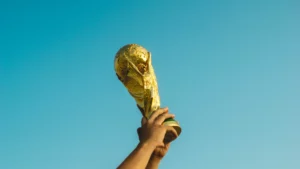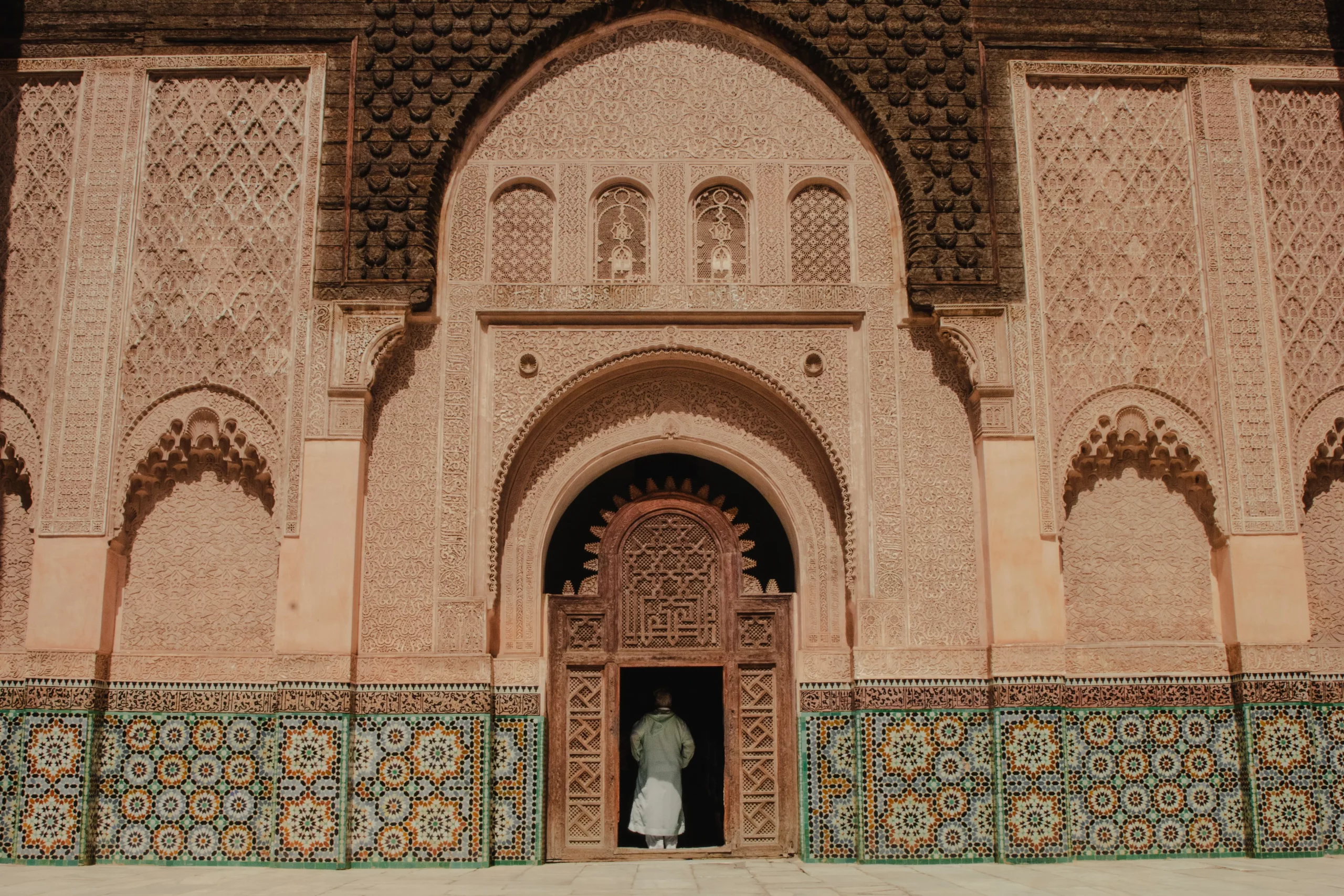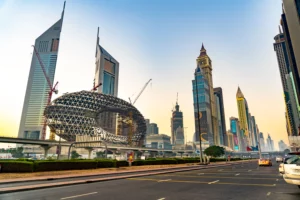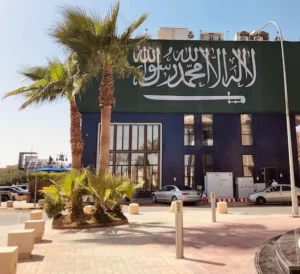
2030 FIFA World Cup Host across Morocco, Spain, and Portugal
Explore the 2030 FIFA World Cup host across three continents and celebrating a century of football history.

Development, a challenge between potentialities and weaknesses: Morocco, a North African country, has been striving to strengthen its international position through development. However, it faces a range of potentialities and weaknesses in this pursuit.
Morocco has made notable progress in democratic reforms and the establishment of the rule of law, enhancing its credibility on the international stage.
The country has implemented effective macroeconomic policies, developed sectoral strategies, and actively promoted global trade, fostering economic growth and attracting foreign investment.
Morocco benefits from a strong social fabric and a diverse cultural heritage, which contribute to its stability and appeal as a tourist destination.
Recognizing the importance of sustainability, Morocco has embraced an environmental transition, implementing policies to combat climate change, preserve natural resources, and promote renewable energy.
Morocco’s moderate and open interpretation of Islam has allowed for religious tolerance and a welcoming environment for international visitors, contributing to its reputation as a moderate Muslim-majority country.
While Morocco has made progress, it still faces economic and social challenges such as unemployment, income inequality, and regional disparities that need to be addressed to ensure inclusive development.
The long-standing issue of the Western Sahara remains a challenge for Morocco’s geopolitical position. The resolution of this dispute is crucial for stability in the region and for Morocco’s international standing.
Return of Morocco to the international scene and willingness to act: Morocco has demonstrated a renewed engagement in international affairs and a willingness to actively participate in addressing global challenges.
Morocco is undergoing a paradigm shift in its political landscape, moving towards greater inclusivity, citizen participation, and democratic governance.
Despite the challenges posed by the Arab Spring, Morocco has maintained political stability and embarked on two waves of democratization, demonstrating its commitment to democratic reforms.
Morocco’s return to the African Union after a long absence signifies its desire to strengthen ties with the continent and play a more active role in African affairs.
The place of the monarchy in the balance of power: The monarchy plays a significant role in Morocco’s international relations, contributing to the country’s stability and influence.
Morocco maintains a policy of neutrality, avoiding entanglement in regional conflicts and positioning itself as a mediator and diplomatic actor.
The monarchy has successfully utilized soft power strategies, such as cultural diplomacy, tourism promotion, and humanitarian initiatives, to enhance Morocco’s international reputation and influence.
Morocco has established strategic relationships with various regions and countries, contributing to its international positioning.
Strategic relations with the United States: Morocco enjoys a strong and strategic partnership with the United States, based on shared security interests, economic cooperation, and cultural ties.
Strong relations with Europe: Morocco maintains close ties with European countries, particularly its former colonizer, France, and has signed various agreements that strengthen political, economic, and security cooperation.
Morocco, a strategic NATO ally: As a major non-NATO ally, Morocco collaborates closely with NATO member states, particularly in the areas of counterterrorism, regional stability, and maritime security.
Win-win relationships with Africa: Morocco seeks to foster mutually beneficial relationships with African countries, focusing on economic cooperation, infrastructure development, and south-south partnerships.
Relations with the Arab-Muslim world: Morocco maintains strong ties with Arab and Muslim-majority countries, participating in regional organizations and actively promoting interfaith dialogue and cooperation.
America and Asia, voices at the UN: Morocco actively engages in international organizations, including the United Nations, using its diplomatic influence to advance its interests and advocate for global issues.
In conclusion, Morocco’s geopolitical position is shaped by its development potential, responses to global rivalries, and the role of its monarchy. With progressive democratic reforms, sound economic policies, and a commitment to regional and global cooperation, Morocco aims to strengthen its international standing and contribute positively to the geopolitical landscape.

Explore the 2030 FIFA World Cup host across three continents and celebrating a century of football history.

Unveiling the Middle East’s Changing Political Landscape: China’s Rise, US Influence, and Global Implications.

Breaking Boundaries: Saudi Arabia’s Potential Entry into the BRICS Bank Signals a PetroDollar Shift.